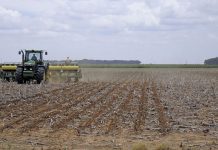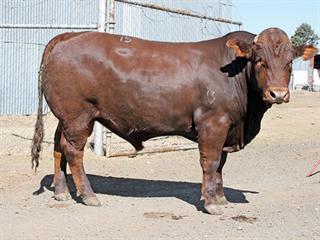The Land Bank is MUCH IN THE NEWS LATELY and most articles are far from complimentary. Not that the bank, entrusted to make loans to farmers and cooperatives against proper security, ever had a smooth passage throughout its long history since inception nearly a century ago.
Below is a short report on some of its problems with private enterprise during 1960, when strong criticism was levelled at the bank for its threat of competition to the interests of the traditional financial services provided to the farming community by private institutions. The report appeared in our issue of 7 September of that year. “The Land Bank intends making a survey of the fruit districts of the Western Cape and trust companies may therefore expect further competition, Mr Wynand Malan, member of parliament told the Paarl Farmers Association at their monthly meeting.
He said up to now the bank had been conservative with loans to farmers in the Western Cape, probably because it was not so intimately acquainted with the Boland fruit areas. Mr Malan’s statement followed an address by Mr Willie Rousseau, managing director of a large trust company in Paarl, who had said it was wrong in principle for the Land Bank to compete directly with private enterprise.
Mr Rousseau said that recent amendments to the Land Bank Act gave the bank the authority to raise money on the open market and to advance up to 80% on the value of farms. With government backing, the Land Bank might one day be in a position to take over all farm bonds and that, under its present constitution, it could become very powerful financially, as it already had reserves of £90 million. In the past, the trust companies had played a big role in the financing of farming operations.
Mr Wynand Malan pointed out that the Land Bank advanced money against a lower valuation on farms than other financial concerns. But he conceded that there was unfair competition, adding that young farmers, however, could get better loans privately.” |fw









